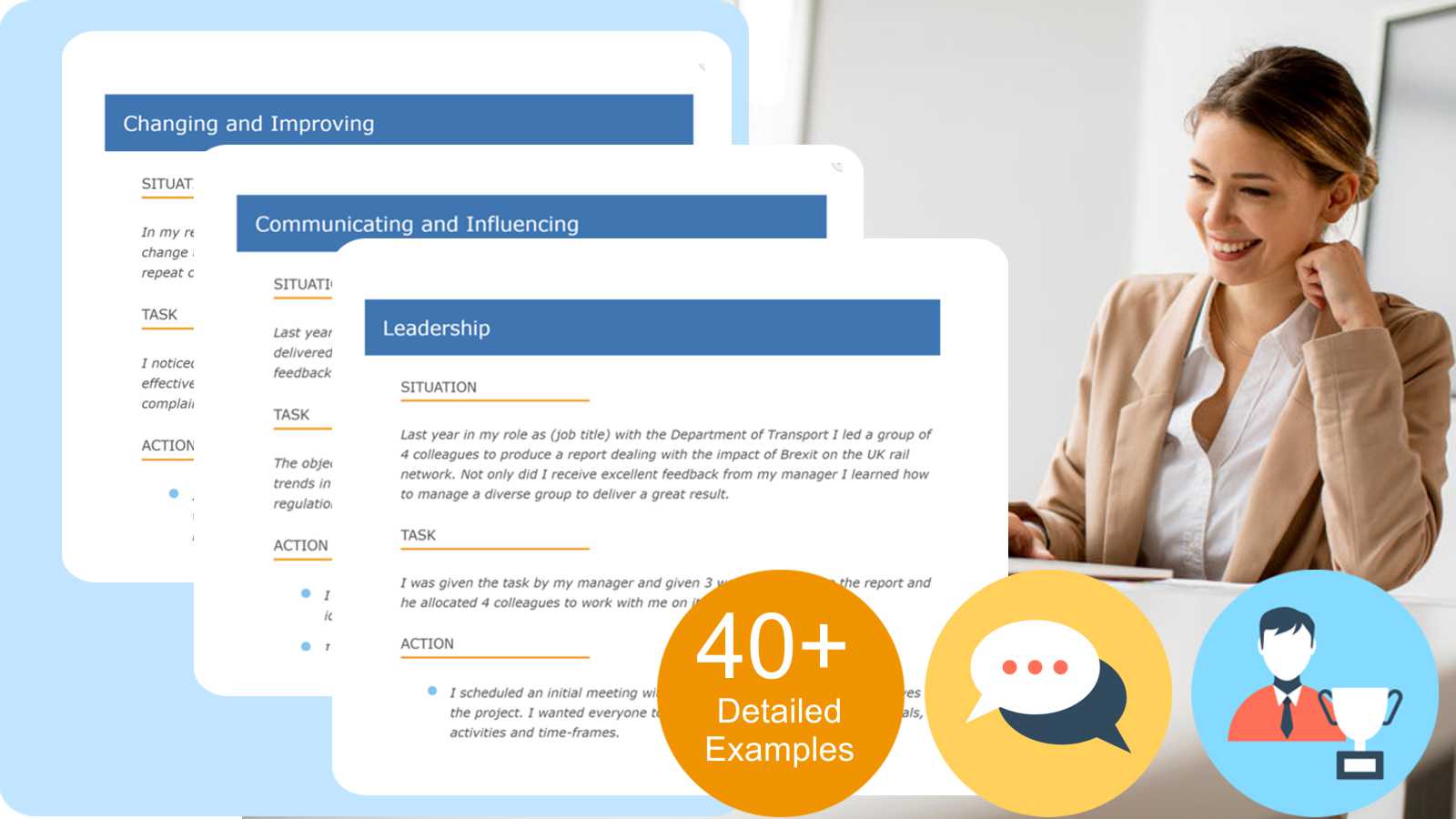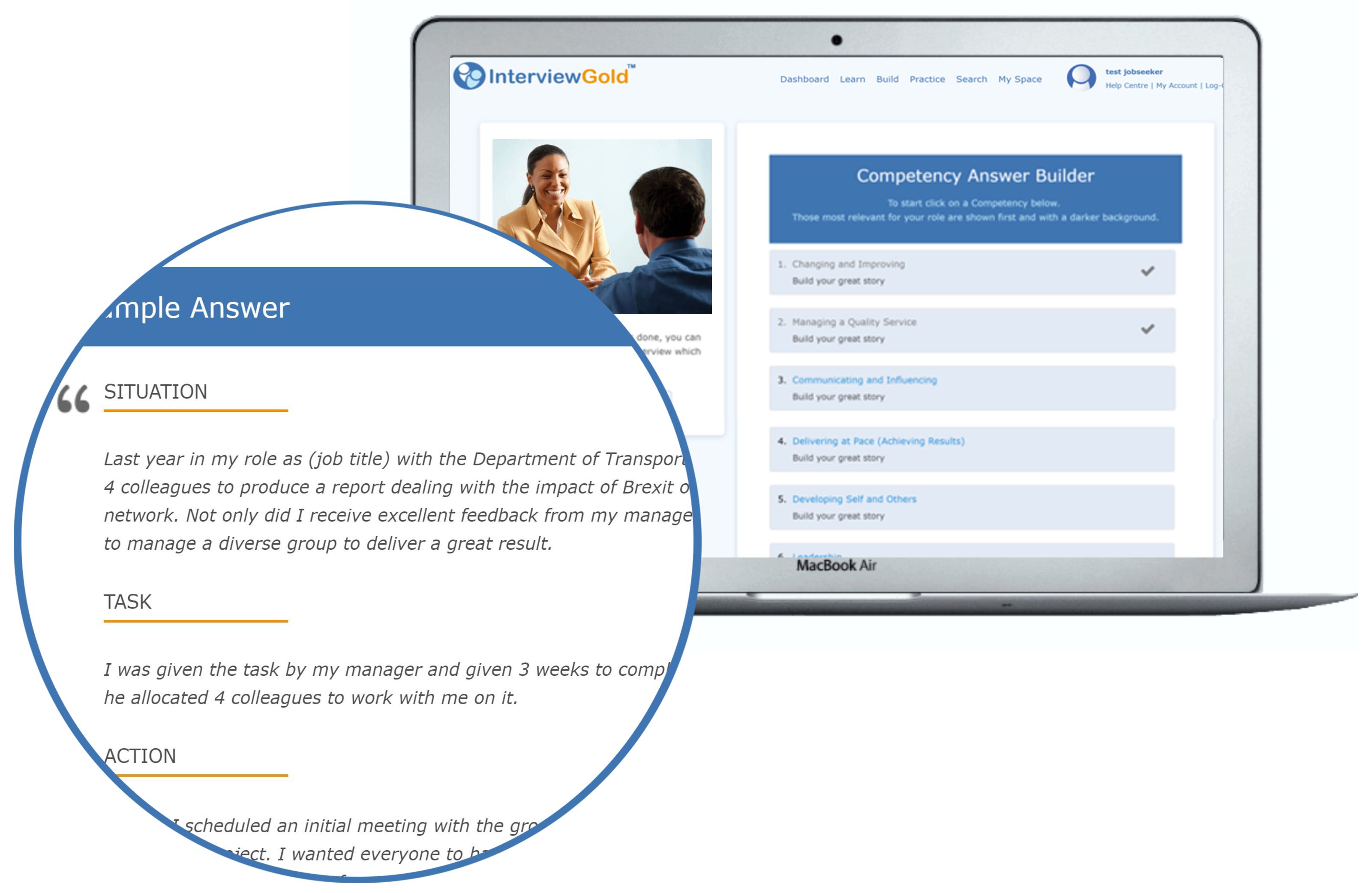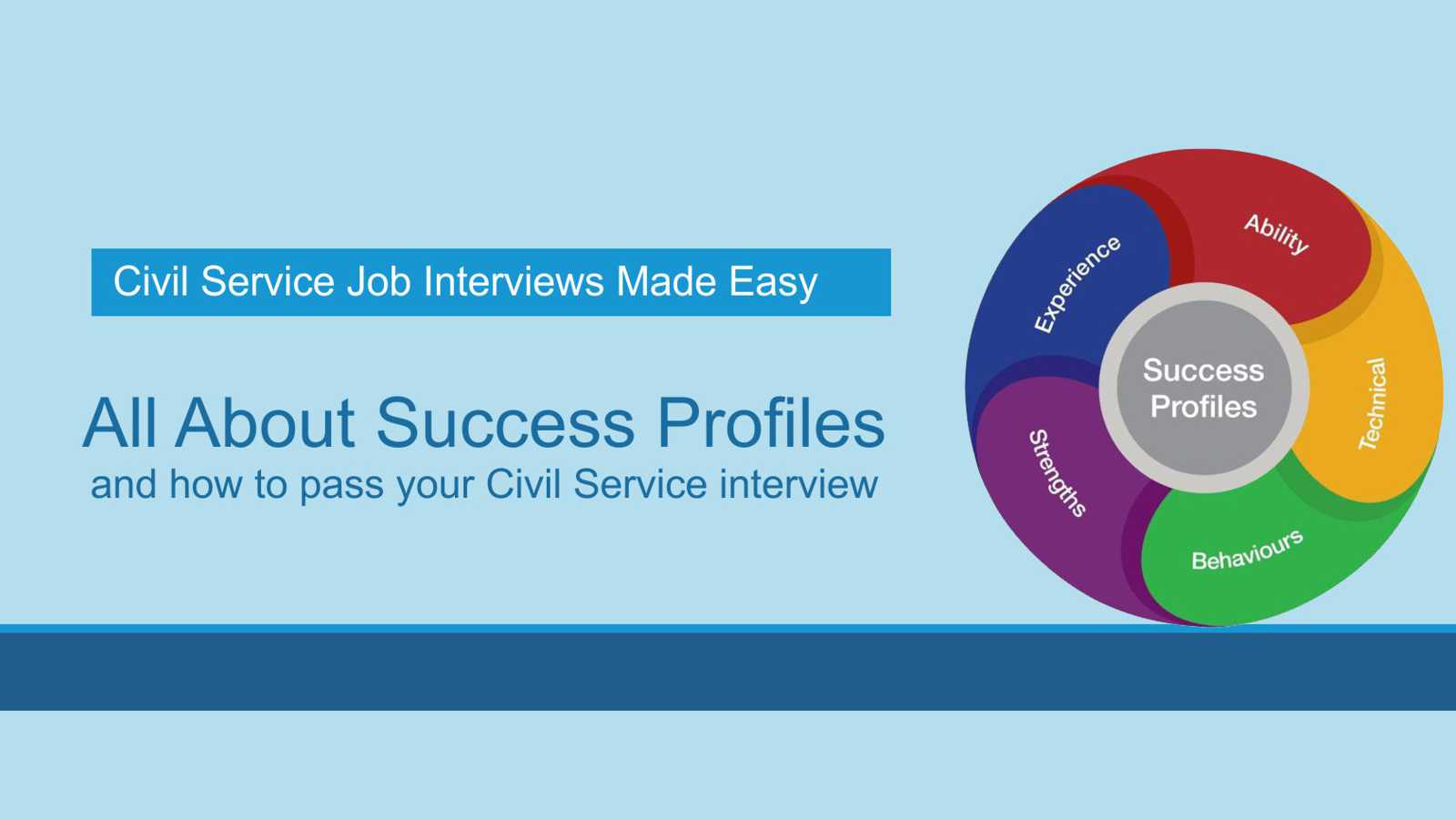
All You Need to Know About Civil Service Interviews, Questions and Answers, Behaviours, Strengths and Success Profiles in 2024.
Government recruitment in the UK has changed!
You may have heard that the approach to recruitment within the Civil Service has changed.
The Competency Framework has been replaced by a new recruitment model called “Civil Service Success Profiles” and this will form the basis for all recruitment in 2024 and beyond.
What this means for you.
Put simply, if you are applying for roles within the Civil Service or already working within it and looking for a promotion, then you must become expert with the Success Profiles system.
In this article:
- Why Civil Service interviews have changed
- What are the Civil Service Success Profiles?
- Advantages of success profiles in civil service interviews
- Your Civil Service Interview: Be Yourself
- What you must know about Civil Service Behaviours Vs Competencies
- Civil Service Interview Questions – Behaviours Examples
- Civil Service interviews – what to expect
- Civil Service applications help
- Making Your Civil Service Application
- 10 Top Tips for Successful Civil Service Applications
- Civil Service blended interview
- Civil Service Interview Questions – 8 Blended Examples
- All about Civil Service Strengths
- Civil Service Strengths Interview Questions
- Northern Ireland Civil Service Interview Questions
- Get Everything You Need to Pass Civil Service Applications and Interviews
NOTE: This article and the InterviewGold training system contains public sector information licensed under the Open Government Licence v3.0.
Why Civil Service Interviews Have Changed
In the past, Government and Civil Service recruitment relied very heavily on competency-based interviewing. This was linked to the Civil Service Competency Framework and it provided a structured approach whereby every candidate was tested with the same questions in the same order.
You would give an answer which included an example of a task or activity you completed in the past and you would outline the actions you took in that particular situation.
Hiring managers found that that this was very rigid.
It focused only on past behaviour and did not allow for a more holistic view of the person. This was resulting in a narrower range of candidates being selected when in fact, the ethos of the Civil Service is to be a role model in terms of diversity and equality.
Success Profiles were therefore launched and are now the formalised strategy for all Government roles. Early adopters were HMRC, the DWP and Department of Transport however all Government departments are using this new system.
NOTE: This article contains public sector information licensed under the Open Government Licence v3.0.
Know What To Say on Your Application and Interview
What Are The Civil Service Success Profiles?
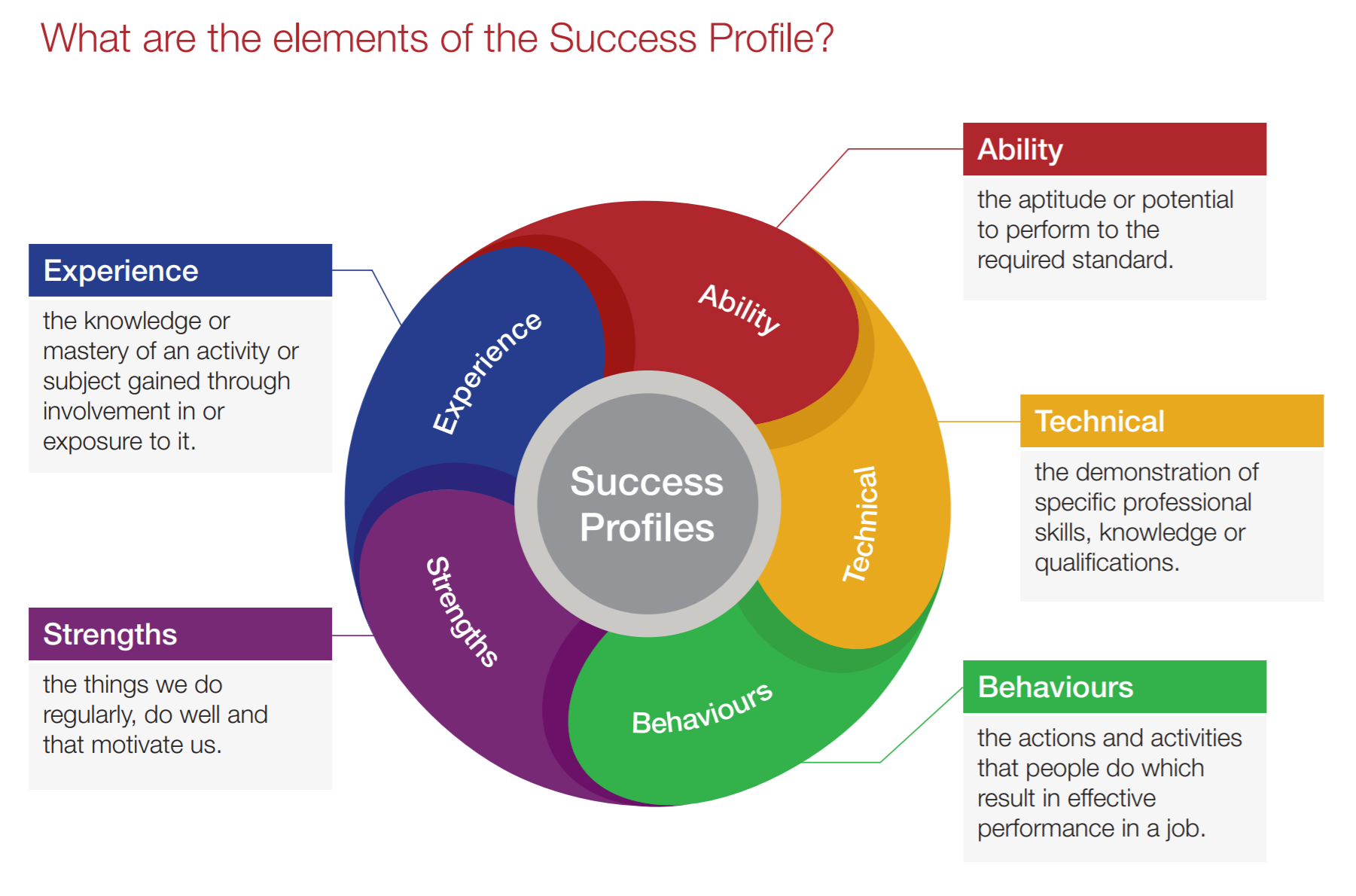
The Success Profiles system is based on the following five elements:
- Ability – Can you do the job and can you do it well. This is all about your natural aptitude or potential to perform in the role.
- Behaviour – In simple terms effective behaviours result in excellent performance in the role. There are nine behaviours used in the Success Profiles system and while similar to the old framework they different in many areas. Behaviours can be assessed in a number of ways and at various stages of the recruitment process, including on the application form, via a formal interview using competency based questions or in a presentation.
- Experience – For some roles, especially at senior level, previous experience will be essential. You will be expected to bring a level of skill gained through a previous role or activity rather than simply being trained after you join. This does not necessarily have to a technical experience it can relate to a softer skill for example excellent communication or leadership however they will look for examples of previous achievements, activities or studies which are relevant to the job role.
- Strengths – This is based on the premise if you do something regularly and with enjoyment, it becomes a strength. Simply put, when someone is doing something they love and are naturally suited to, they will be more productive, industrious and successful. Strengths can be assessed in a number of ways during the recruitment process including in the interviews – using both competency and strengths based interview questions and via tests.
- Technical – Within Government there are over 20 different technical professions such as Finance, IT, Communications and Marketing, Economics, Engineering etc. which require specific qualifications, knowledge and skills. You will be asked to provide evidence of your qualifications or professional memberships and your skills and knowledge will be assessed through a variety of questions, tests and exercises. For example, you may be asked to perform a work based technical test or give a presentation on a particular technical topic.
Advantages of success profiles in civil service interviews
- A more modern and simple recruitment process which will improve performance, diversity, and inclusivity.
- Improved ability to attract and retain talented and experienced workers in a competitive market.
- Move away from a solely competency-based system to be less rigid and more inclusive.
- An easier application and selection process with candidates given the opportunity to demonstrate their full potential rather than favouring those with good experience or examples.
Your Civil Service Interview: Be Yourself

Image contains public sector information licensed under the Open Government Licence v3.0.
As you can see above the Success Profiles system contains 5 elements and they are designed to make selection fairer and broader.
You may be assessed on all or just some of these however the key point to remember is that they allow you to demonstrate not just your work experience, but you are encouraged to bring additional elements such as your interests, passion and energy.
This means that you will not be limited in your interview or on the application to just providing competency based answers. You can be more flexible and can demonstrate skills and strengths which you have acquired or you can talk about a passion outside of work – something which gives you a real buzz.
However a word of warning, as with any interview situation there are limits and we caution you to choose carefully what you disclose. A wrong answer could easily result in you being judged unsuitable for the Civil Service.
How to pass Civil Service interviews at all grades
Civil Service Success Profiles Behaviours Vs Competencies
So, we hear you ask; what are these new Civil Service Success Profile Behaviours all about and how do they relate to the old Competency Framework?
Well the news is that competencies or competency interview questions have not gone away.
In fact, competencies are still a huge part of the Success Profiles system however they are now called Civil Service Behaviours and they have been modified to become just one of five elements of the new model, as detailed above.
Within this there are 9 effective behaviours (competencies) which you will be required to show as follows:
- Changing and Improving
- Communicating and Influencing
- Delivering at Pace
- Developing Self and Others
- Leadership
- Making Effective Decisions
- Managing a Quality Service
- Seeing the Big Picture
- Working Together
The Civil Service Success Profiles behaviours are similar to the previous competencies with some changes for example Leadership and Communicating is now just Leadership and Collaborating and Partnering is now called Working Together.
To a large extent they reflect the previous Competency Framework however the list of ways you can show the effective behaviours is more concise. In addition, there will not be any assessment of negative or ineffective behaviours, the focus is on the positive only.
You will still be asked competency based interview questions however they will allow for a broader range of content and other elements will be assessed at the same time. For example, your answers will be scored not just on a demonstration of the effective behaviours but they will listen for a display of inherent strengths.
Get Winning Answers: Get instant access today to questions plus detailed sample STAR answers covering all 9 Civil Service Behaviours and more from InterviewGold.
Civil Service Interview Questions – Behaviours Examples
Your interview invite and job description will outline the relevant civil service behaviours for the post. Out of the 9 mentioned above you should expect to be examined on between 3 – 5 depending on the role and level.
We suggest that you practice and prepare excellent STAR answers for each of these behaviours, using a relevant and recent example. You will learn more about choosing example win InterviewGold.
Here are some sample behaviour based civil service interview questions for you to practice with.
- Can you provide an example from your past experience where you demonstrated effective leadership in a challenging situation? (Leadership)
- Describe a project where you had to collaborate with a diverse team to achieve a common goal. How did you handle potential conflicts and contribute to the overall success of the team? (Working Together)
- In a dynamic work environment, unforeseen challenges can arise. Can you share a situation where you had to quickly adapt and find innovative solutions to overcome a problem? What was the result of your problem-solving approach? (Problem Solving)
- Effective communication is crucial in the Civil Service. Provide an example of how you successfully communicated complex information to stakeholders or the public. How did you ensure clarity and understanding while managing diverse perspectives? (Communicating and Influencing)
- Working in the public sector involves ethical considerations. Describe a situation where you had to make a decision that aligned with ethical standards. How did you ensure integrity and transparency in your decision-making process? (Decision Making)
These questions are designed to assess your core competencies in key areas such as leadership, teamwork, problem-solving, communication and decision-making, all of which are crucial in most civil service roles.
Civil Service Interviews – What to Expect

Success Profiles have been designed to recruit a broader and more diverse government workforce. They are also designed to make the way towards promotion more effective in terms of matching strengths to roles and making sure the right fit is achieved whereby you are doing something you are both good at and you have passion for.
As a result, they will use a wider range of assessment tools and tests and you need to be prepared for each. Let’s look at each of the 5 elements and the types of tests, or questions and answers expected:
Application Form
This is the first and is a key part of recruitment process. They will use this to shortlist and will test the elements of experience, technical, strengths and behaviour via the answers you give. In addition to an application form, you may be asked to submit a CV and a supporting Personal Statement or Statement of Suitability. Some roles ask for a Behaviour Statement. These documents will be used to form and initial impression of you and so should be seen as an opportunity for you to demonstrate all of your relevant skills and strengths.
Psychometric Tests
Depending on the Government department and level you are applying for you may be asked to complete any number of online tests. At AO, EO and HEO level the Civil Service uses psychometric testing to predict future performance and the two most common tests are designed to assess verbal reasoning (VRT) and numerical reasoning (NRT).
You will be sent a link to a website and given a certain number of days to complete the assessment. Online tests may be timed and they will contain practice questions.
Assessment Centre
Previously you may have been called to an Assessment Centre especially if you are applying for the Civil Service Fast Track program. Traditionally, you would have taken part in a variety of exercises including those mentioned above plus group exercises or discussions, role-plays, oral briefings, written analysis and job related simulations. However with Covid-19 and safe practices these assessments would not take place and your online assessments will suffice.
Presentation
Depending on the level especially at SEO, HEO and Senior Roles, you may be required to give a presentation. The time you are given to prepare could be a few days, or you could be asked to deliver a presentation on very short notice (i.e the day of assessment).
Civil Service Application Help
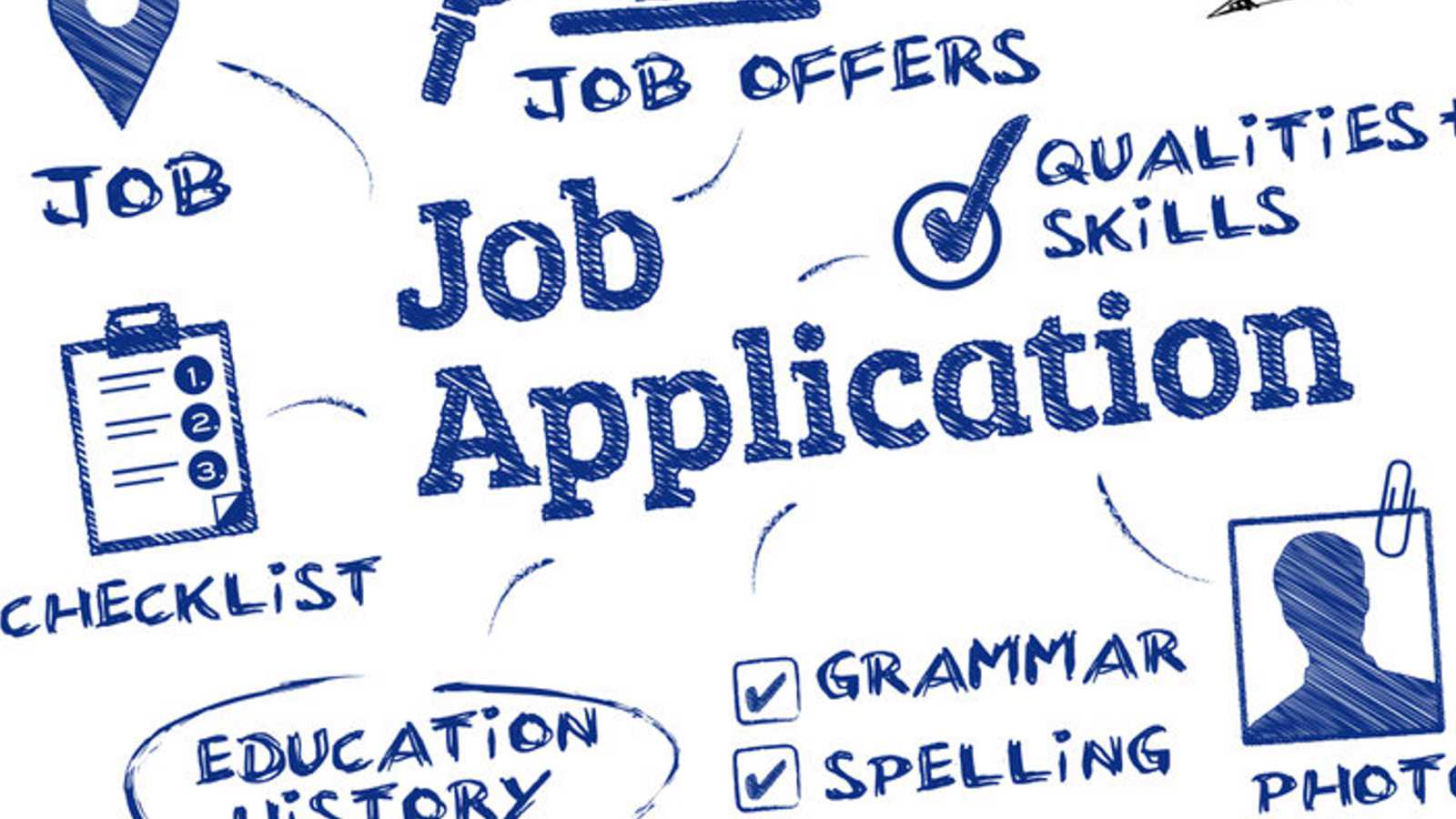
The first step on the road to a great new job is the civil service application. It is a hurdle you must overcome as otherwise you will not get that interview invite.
Your application is your calling card and it will be used as part of the selection process.
The vast majority of applications get rejected and in this section, we will show you how to get your application selected and onto the interview invite list.
Making Your Civil Service Application
In comparison to other employers, getting a role in this sector is comparatively hard. Getting through the initial sift is a challenge and there are a number of hoops you will have to jump through.
Your success will depend on your ability, skills, experience, strength, and behaviour.
You will be asked to complete an online application and submit your CV along with either a personal statement or a behavioural or suitability statement. Your application will be judged on your suitability against the success profile framework.
Here we explore how to pass the application process in more detail and give you our golden rules to help you submit a successful application.
10 Top Tips for Successful Civil Service Applications
1. Explore the guidance carefully
2. Study the Job Description in-depth
3. Make your application 100% relevant
4. Make each application unique
5. Demonstrate the Right Behaviours and Strengths
6. One Example Per Behaviour
7. Refocus Your Examples
8. Build brilliant STAR Answers
9. Tailor Your CV and Career History
10. Create a powerful personal statement of suitability
Civil Service Blended Interview
If you pass the initial selection and testing process, you will be interviewed formally.
This is usually done by panel interview in person and will be conducted over the phone, online with camera or by recorded video. Interviews typically last between 30 and 60 minutes and you should be ready to describe how and when you have demonstrated relevant skills and behaviours.
As mentioned above, as the Civil Service are now broadening their approach, they will not rely simply on competency based interview questions. They will use a Blended Interview approach where questions will be an equal mix of questions, including competency (behaviour),strengths and experience plus traditional interview question. Depending on the role and department, questions exploring your technical skills and qualifications may be included.
Civil Service Interview Questions – 8 Blended Examples
Here is a selection of potential Civil Service interview questions. As mentioned above, they will use a combination of question types including strength based questions.
We look at these in more detail below, however take a look at these Civil Service questions and see how would you answer.
- Describe the most exciting thing you have done over the past 12 months
- Why have you applied to this department (for example, the Home Office, DWP, MOD etc) and why do you want to work in this department in particular?
- What have you learned in your current role which will be of benefit in this Civil Service posting?
- What steps would you take to ensure that your team is focused on maintaining an excellent relationship with all your clients and customers?
- Describe a time when you showed exceptional leadership skills and inspired outstanding performance in others. What goal did you achieve?
- Give me a recent example to illustrate how you handle criticism.
- Tell us about a time when you identified a gap in your own skills or knowledge and made plans to overcome it.
- Finally, summarise why you are the perfect candidate to join the Civil Service at this time.
Know What To Say on Your Application and Interview
Civil Service Strengths
Many employers, such as the Civil Service, Government, NHS, major banks and consultancy firms are moving away from solely using competency based or traditional interviews and are now using a blended approach, one part of which assesses your strengths.
In simple terms, strengths are the things that we do regularly, do well and that motivate us.
Each Civil Service job comes with pre-determined strengths. These are taken from their strengths dictionary and they judge that a top performer will display these characteristics or strengths when in the role.
When looking at your strengths, the Civil Service recruiter, will be assessing your compatibility, one of the 3Cs; will you suit the organisation, will you enjoy the job role and are you a good fit overall.
Civil Service Strengths Interview Questions
In the Civil Service recruitment process, your strengths may be assessed in a number of ways including via the application form, a pre-screening video interview, your face to face interview or in some form of psychometric test or assessment centre exercise.
You may be asked direct strengths interview questions or they may be assessed when you give answers to the behaviour questions or through personal or suitability statements submitted as part of the application.
Here are some examples of civil service direct strengths interview questions. In our experience, you will only be asked one or two of these in any blended interview.
- What is your greatest accomplishment?
- What did you enjoy most when completing a task or project?
- Describe the most exciting thing you have ever done.
- Are you a planner or do you prefer to take things as they come?
- How would you react if someone challenged you in a meeting?
- Do you prefer to look at the big picture or deal with the small details?
Answering can seem easy however as with all questions, while honesty is recommended you must be careful as to what you choose to divulge. Of course proper structure is required here too.
Northern Ireland Civil Service Interview Questions
For posts in the Northern Ireland Civil Service (NICS), you will find that the interview questions will be based on the Northern Ireland Civil Service Competency Framework, updated in 2018.
This framework contains ten competencies, organised into three clusters and you will find these are very similar to the success profiles framework behaviours we talk about above.
The three clusters are:
- Strategic Cluster – Setting Direction and the competencies are Seeing the Big Picture, Changing and Improving and Making Effective Decisions.
- People Cluster – Engaging People, competencies are Leading and Communicating, Collaborating and Partnering, Building Capability for All
- Performance Cluster – Delivering Results, competencies are Delivering Value for Money, Managing a Quality Service, Delivering at Pace, Achieving Outcomes through Delivery Partners.
As you can see many of the competencies are the same with some being combined as the case with Leading and Communicating. Collaborating and Partnering is synonymous with Team Working or Working Together.
Here are sample interview questions for the Northern Ireland Civil Service.
- Can you provide an example from your previous experience where you effectively communicated with a diverse group of individuals to achieve a common goal?
- Tell us about a time when you adapted your communication style to engage people with varying perspectives and backgrounds?
- Describe a situation where you had to establish and nurture a positive working relationship with a key stakeholder or team. How did you go about building trust and ensuring effective collaboration?
- In a leadership role, how have you demonstrated inclusivity and ensured that all team members feel valued and engaged?
- Give us an example where you promoted diversity and inclusion within your team, fostering a sense of belonging and collaboration.
As you can see all of these questions are competency and behaviour based. Once again, we suggest creating strong STAR answers with complex and interesting examples. See below how InterviewGold can help with that.
Get Everything You Need to Pass Civil Service Applications and Interviews with InterviewGold
The InterviewGold online interview training system covers Civil Service interviews, success profiles and behaviours in detail. It is designed to rapidly bring your interview skills up to date and help you answer brilliantly whether on an application, in an interview or during an assessment centre.
Here are 10 ways in which InterviewGold will help you succeed in your interview.
- Practice with Civil Service interview questions and example answers
- Get expertly written and detailed STAR sample answer templates both 250 words and longer
- Easy competency answer builder tool to create great answers for your application form and interview
- Detailed personal statements and answers for behaviour and suitability statements
- Expert lessons covering the 9 Civil Service behaviours, examples to choose and what to say
- Get expert sample answers to the top questions, know what to say
- Practice with Civil Service blended mock interviews
- Learn about Civil Service strengths interviews and get more strengths interview questions
- Learn how to give a brilliant presentation
- Review your performance with the powerful webcam recorder module and repeat until perfect

